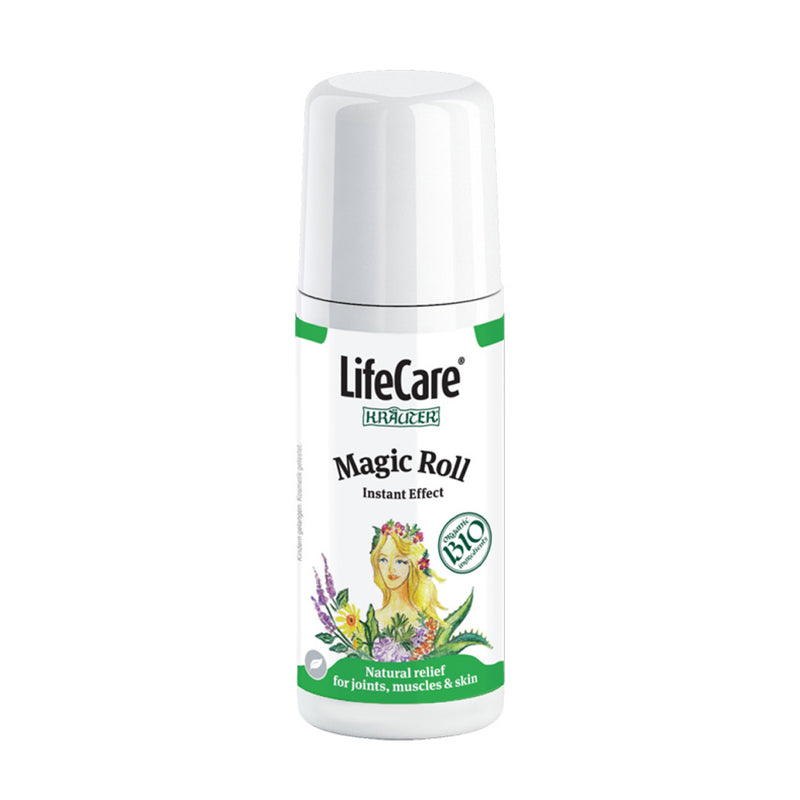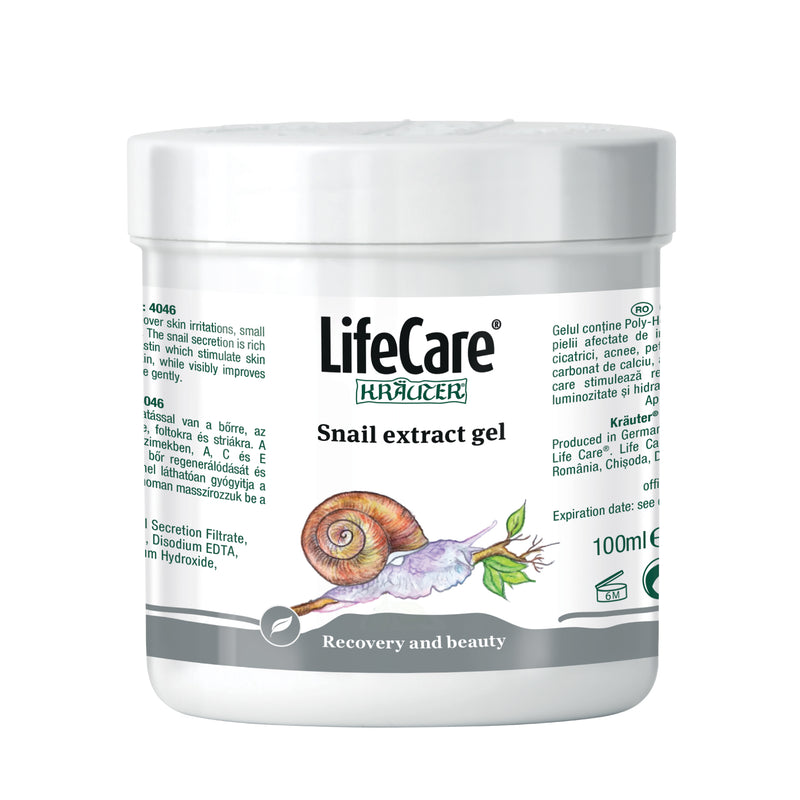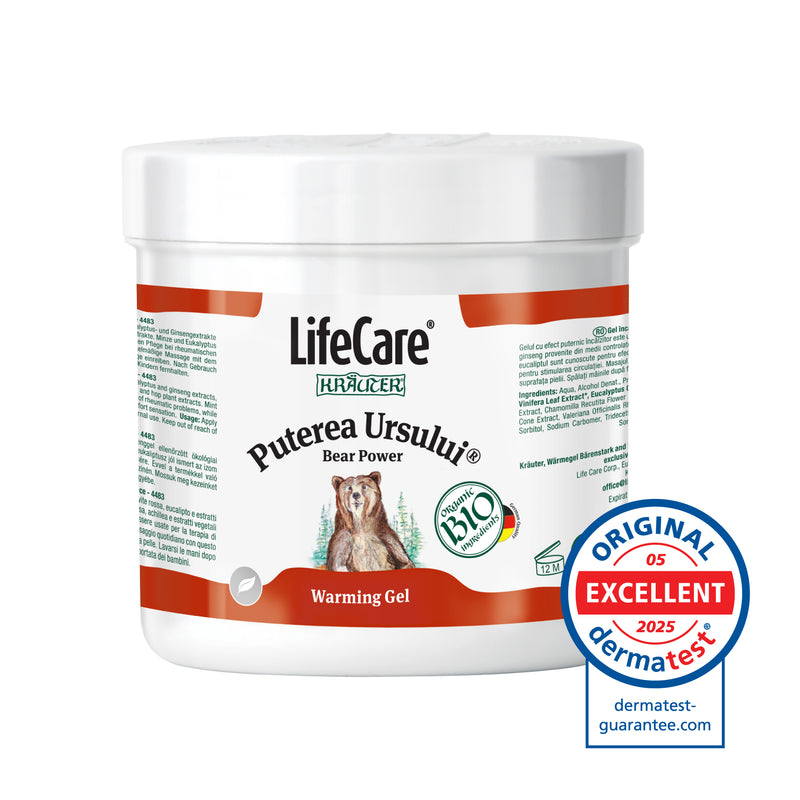Seasonal affective disorder It is a condition that can start in the cold season. With the arrival of winter, many of us face a change in mood.
Also called "winter depression" or "seasonal blues," can affect anyone, but there are effective strategies for managing symptoms and Maintaining a healthy emotional balance. Discover How does tas manifest, but also some practical tips to overcome it.
What is tas?
Seasonal affective disorder (TAS) is a form of depression which occurs specifically in the winter months, when exposure to natural light decreases. Symptoms include: changes in mood, excessive fatigue, difficulty concentrating and changes in sleep and diet habits. The exact cause of tas is not completely understood, but it is believed that the changes of light and changes in the habits of sleep and daily activity play an important role.
TAS -specific symptoms may include:
Changes in the disposition: episodes of sadness, irritability or feelings of anxiety.
Reduced energy: Fatigue or lack of energy, even after sufficient sleep.
Sleep changes: insomnia or hypersomnia (excessive sleeping).
The increased desire for carbohydrates: Many people affected by tas feel a greater craving for carbohydrates and can experience weight gain.
Difficulties of concentration on daily activities and tasks.
Losing interest in activities which would normally be pleasant.
TAS: How can you fight?
Light therapy: Stay in front of a blue light therapy lamp in the early hours of the morning. This can help to simulate natural light and stabilize the circadian rhythms.
Regular physical exercise: Physical activity is a natural remedy for improving the mood. Outdoor walks, light exercises or workouts in the room can contribute significantly to combating TAS symptoms.
Healthy eating: It adopts a balanced diet, rich in fruits, vegetables and foods rich in nutrients. Avoid excessive consumption of sugar and processed carbohydrates.
Relationship and social support: maintains social ties. Positive social interactions can make a significant contribution to your well -being.
Stress management: Learn stress management techniques, such as meditation or yoga. These can help reduce anxiety and other unpleasant symptoms associated with seasonal affective disorder.
Professional counseling: If the symptoms persist or become overwhelming, you consider to consult a professional in mental health. Cognitive-behavioral therapy can be effective in treating SAD.
The management of winter depression does not have to be a solitary fight. By adopting these strategies and looking for the appropriate support, you can overcome it and enjoy a brighter and balanced winter. Remember that you are not alone, and resources and help are available to improve your well-being.
Dietary supplements that can contribute to maintaining emotional balance in seasonal affective disorder
Vitamin D3
Because sun exposure, a natural source of vitamin D, can be limited in the cold season, supplementation with vitamin D3 can be beneficial. Vitamin D is essential for bone health and can influence mood. We recommend you Complex with vitamin D3 (2000 IU), K2 and Omega 3 in in.
Omega-3 (essential fatty acids)
Omega-3 supplements, such as fish oil, can have benefits on mental health. These essential fatty acids are involved in the normal functioning of the brain and can help reduce inflammation. We recommend you Code liver oil, with omega 3, vitamin A and D.
The range of vitamins B
Vitamin B complex, especially vitamins B6, B9 (folic acid) and B12, play an important role in the functioning of the nervous system. These vitamins can be adjuvant in maintaining the mental state in optimal conditions and when improving the mood. We recommend you B Magnificent B, Vitamin B1, B2, B3, B5, B6, B12 complex.
melatonin
If the changes in light and circadian rhythm affect your sleep, melatonin can be a useful supplement. Melatonin is a hormone that regulates the sleep-wake cycle and can help improve the quality of sleep. We recommend you Insomnia liquid supplement, Sleep & calm, from cherries and melatonin.
Rhodiola Rosea
Rhodiola Rosea is an adaptogenic plant known for its ability to help the body cope with stress. It can be useful in managing the stress associated with the cold season. We recommend you Rhodiola Rosea - Adaptogen.
probiotic
It has been found that there is a connection between intestinal health and mental health. Probiotic supplements can help maintain a healthy balance of intestinal flora. We recommend you Probiolife with a complex of germs.
Don't forget! Before you start any additional regime, it is crucial to consult a health professional to guide you according to your specific needs. Supplements should not replace a balanced diet and healthy lifestyle, but be integrated as part of a complete approach to maintaining mental and physical health.
Article written by,
Valentina Ciobanu
Brand & Marketing Manager




